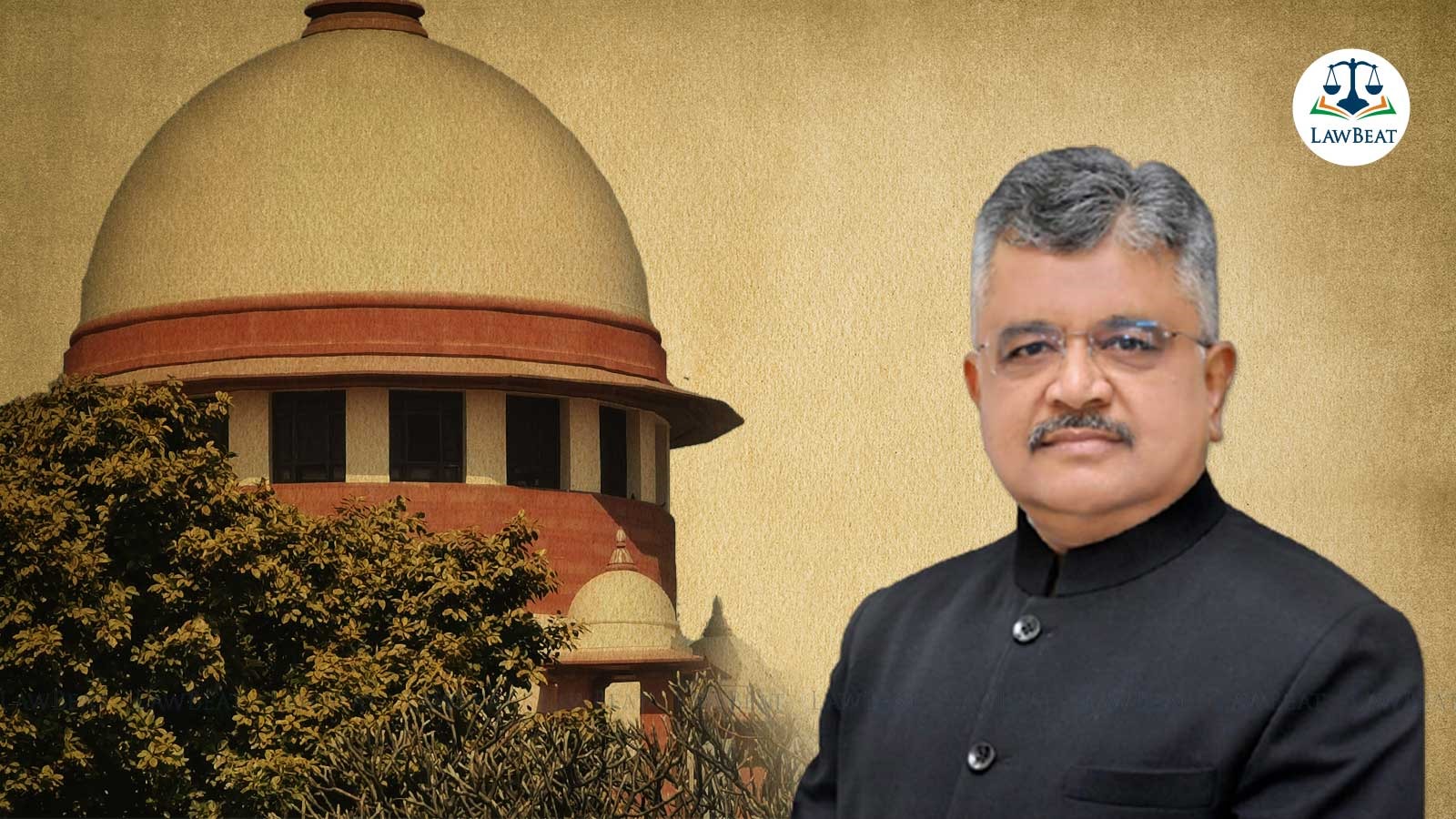Centre backs sub-classification of reservations before Top Court, says it 'will go a long way'

The bench is also revisiting its previous ruling of a 5-Judge Bench in E.V. Chinnaiah vs. State of Andhra Pradesh
The Supreme Court on day two of the hearing in the plea regarding sub-classification of SCs and STs on account of reservations was informed about the Centre's stand on the issue.
Solicitor General Tushar Mehta told the 7-judge bench that government was in favour of having sub-classifications among backward classes, so that more deserving sections among the disadvantaged communities could receive reservation benefits.
"The subclassification is a key measure which will go a long way...and ensure that there is a trickle-down effect of reservations", the SG added.
"We are committed to the reservation, we are here only on sub-classification, and this was the concern of the court. Allowing the sub-classification of SC/ST and other backward classes would grant both the central and state governments the necessary flexibility to formulate appropriate policies in pursuit of the constitutional goal of social justice, aimed at achieving de facto equality of opportunity", Court has been further told.
Attorney General R Venkataramani also made his submissions while relying on judicial precedents on the issue of subclassification.
A seven-judge Constitution bench of the Supreme Court on Tuesday began hearing the plea questioning whether sub-classification of the SCs and STs on account of reservations is constitutionally permissible.
Court would also be deciding if state legislatures are competent to introduce sub-classification within the Scheduled Caste and Scheduled Tribe categories.
On Tuesday, a bench comprising CJI DY Chandrachud along with Justices BR Gavai, Vikram Nath, Bela M Trivedi, Pankaj Mithal, Manoj Misra and Satish Chandra Sharma was told that reservation cannot be an act of benevolence, if at all, it is compensation for the years of suppression.
"We are victims of conditioning..we are made to believe that things are the way they are meant to be..we have to change the mindset, the problem is the resistance, it seems like a huge shift in the societal mindset to think that why can't everybody be equal..", the Punjab Advocate General Gurminder Singh had submitted before court.
Court was further told that the core issue is the more disadvantaged within the disadvantaged, and change has to come at grassroot level of society.
In 1975, the Punjab government had issued a notification dividing its existing 25% reservation for Scheduled Castes (SC) into two categories, whereby half of these seats were to be offered to Valmikis and Mazhabi Sikhs. This notification continued to remain in effect for 31 years, until the SC’s five-judge bench decision in E.V. Chinnaiah vs. State of Andhra Pradesh set aside a similar law in Andhra Pradesh. Relying on Chinnaiah, the Punjab and Haryana HC struck down the Punjab notification in 2006.
Later, the Punjab government passed the Punjab Scheduled Caste and Backward Classes (Reservation in Services) Act, 2006 which was also struck down by the High Court in 2010. The state according approach the Supreme Court in appeal which is now being heard by a 7-judge bench.
Case Title: State of Punjab vs. Davinder Singh
